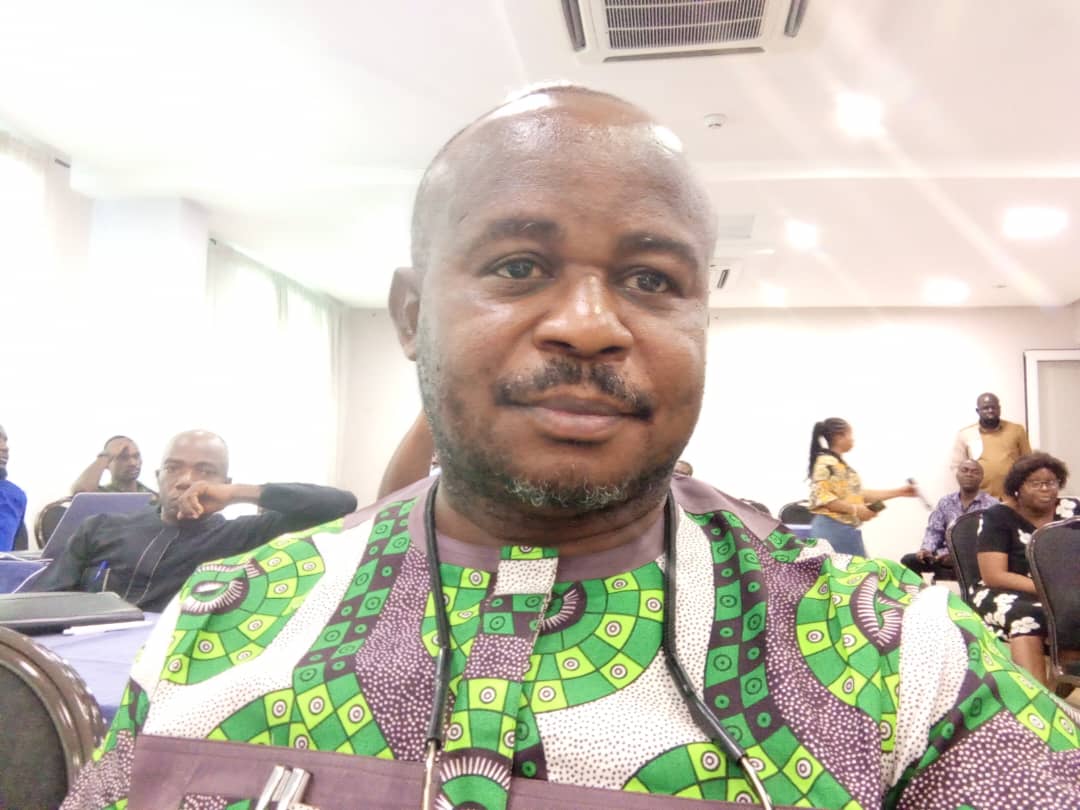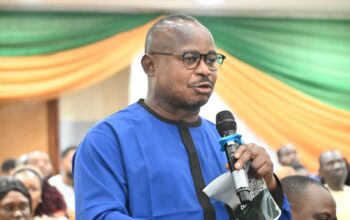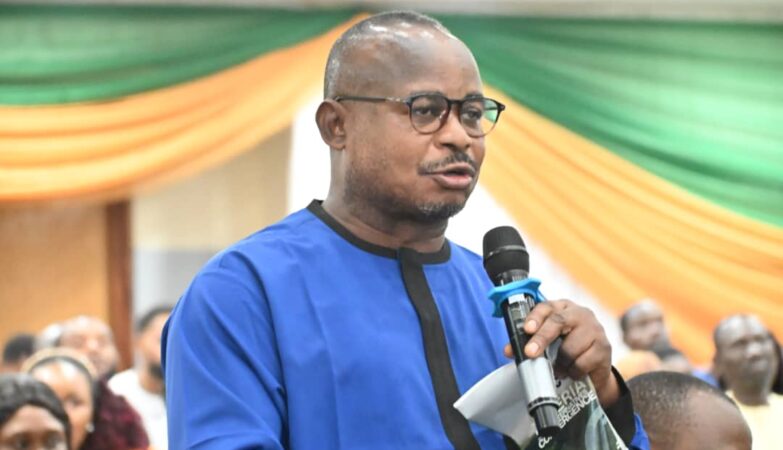Executive Director of Foundation for Environmental Rights, Advocacy and Development (FENRAD) Nigeria, Comrade Nelson Nnanna Nwafor, has called for a balanced approach to infrastructure development in Abia State, stressing the urgent need to harmonize the roles of local government councils and capital development authorities.
In a press release, the good governance campaigner and human rights activist said empowering councils, ensuring equitable allocation of resources, and coordinating development efforts would enable the state to deliver quality infrastructure not only in Umuahia and Aba, but also in rural communities such as Isuikwuato, Ukwa East, and Bende.
“True development must be balanced, inclusive, and people-centered. The time to strike that balance is now,” he stated.
Uneven Development Across Abia
Nwafor observed that while infrastructure such as roads, schools, hospitals, water systems, and electricity are essential to socioeconomic progress, Abia continues to struggle with uneven development. Cities like Aba have witnessed targeted interventions, but many rural areas remain underserved with poor road networks, inadequate potable water, and dilapidated public facilities.
He noted that capital development authorities such as the Umuahia Capital Development Authority (UCDA) often focus on urban renewal projects, while local government councils—best placed to drive grassroots development—are left underfunded and deprived of autonomy.
Local Governments Undermined
“Local councils are closest to the people and understand community needs best, yet they are sidelined in planning and stripped of financial independence,” Nwafor said. He added that the erosion of council autonomy has weakened grassroots governance, reduced councils to administrative outposts, and fueled public distrust.
Capital Development Authorities: Visible but Biased
While acknowledging the achievements of capital development authorities in urban renewal, he warned that prioritizing capital projects at the expense of rural development risks worsening inequality. This urban bias, he said, drives rural-to-urban migration and overstretches already limited city infrastructure.
The Way Forward
To create balance, Nwafor recommended the following:
1. Decentralization and Empowerment of Local Councils – Provide financial autonomy and legislative backing to enable councils to function as genuine development partners.
2. Integrated Planning and Coordination – Ensure state government, ministries, local councils, and development authorities work collaboratively on shared priorities.
3. Equitable Budgetary Allocation – Adopt fair budget formulas that address deficits in all senatorial zones and local government areas.
4. Community Engagement and Oversight – Involve traditional rulers, community-based organizations, and residents in planning and monitoring projects.
5. Capacity Building and Transparency – Strengthen local council capacity and institutionalize transparent procurement processes.
Conclusion
According to Nwafor, Abia can only achieve inclusive and sustainable growth by harmonizing the roles of development authorities and local councils. “Citizens deserve access to quality infrastructure, whether in Umuahia, Aba, or the rural corners of the state. Building a balanced structure that respects grassroots autonomy is the key to equitable growth,” he concluded.
Comrade Nelson Nnanna Nwafor
Executive Director, FENRAD Nigeria
Good Governance Campaigner & Human Rights Activist
Tel: 08033383708, 07062949232








